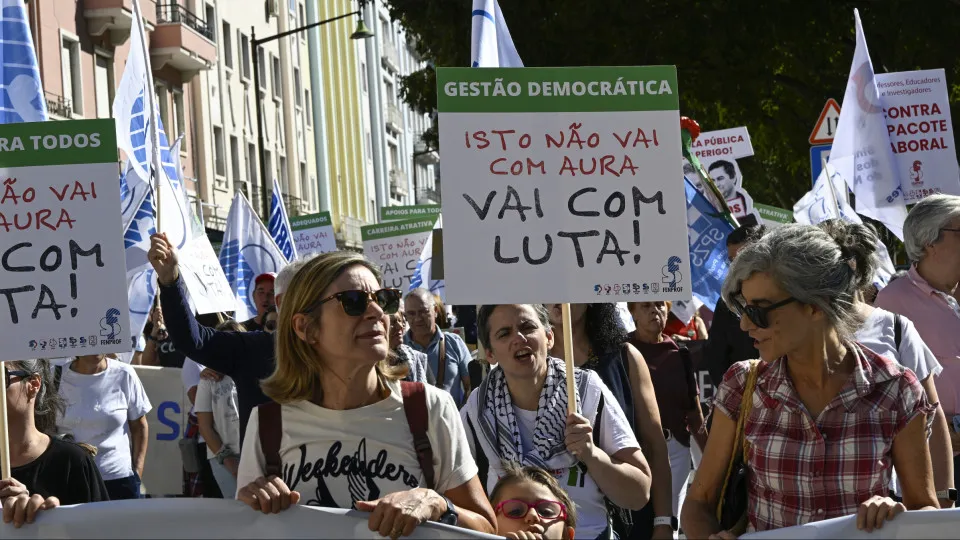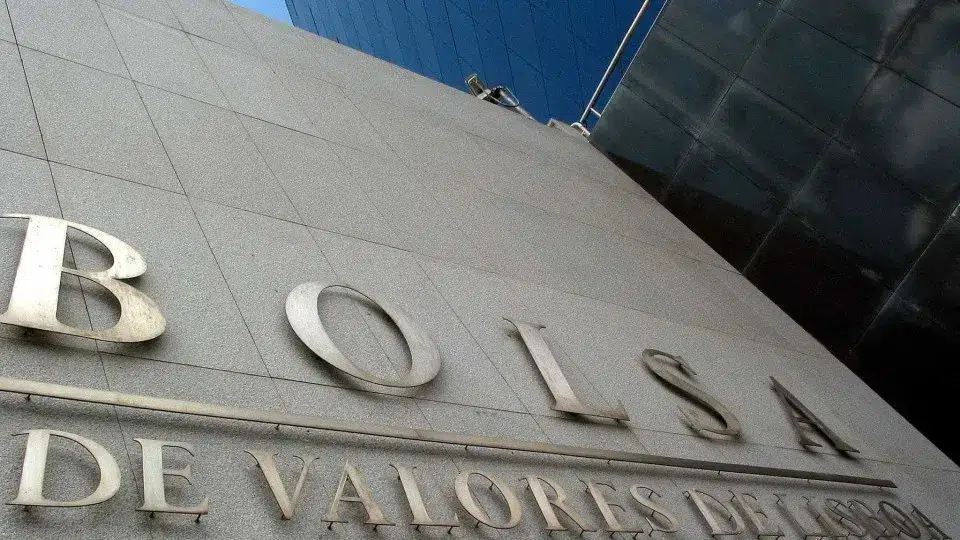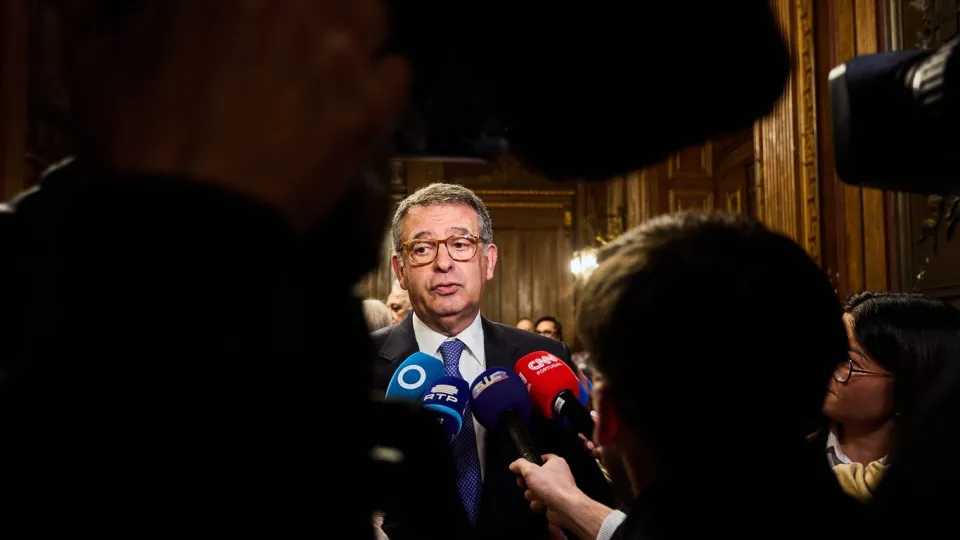
On the eve of the team led by Education Minister Fernando Alexandre presenting the OE2026 proposal in parliament, the Independent Union of Teachers and Educators (SIPE) calls for measures that focus on “teacher appreciation” and “contributory justice.”
SIPE is advocating for a “real salary increase” and a reduction in the ADSE contribution rate, aiming to “correct an injustice that has been perpetuated,” the union stated in a note.
Regarding salaries, SIPE supports increases that ensure purchasing power is not eroded by estimated inflation, along with the creation of an “exceptional mechanism” to adjust salaries for years when wages fall below inflation.
“The teaching career has suffered a prolonged devaluation due to the lack of salary updates in line with inflation, particularly during and after the Troika period,” said SIPE President Júlia Azevedo, urging the creation of “an exceptional recovery mechanism to mitigate the accumulated effects of this devaluation.”
The OE2026 proposal anticipates spending 207 million euros more than in 2025 on personnel expenses, partly to ensure salary increases, but also to hire more teachers and make the profession attractive, according to the document submitted to parliament earlier this month.
Regarding the ADSE contribution, Júlia Azevedo identifies a “historical injustice,” advocating for the reduction of the current rate from 3.5% to 2.5%.
SIPE also requests that contributions apply to just 12 months instead of 14 months as currently practiced.
For the union, adopting these proposals would send “a clear signal of respect and recognition for the essential role of teachers and educators.”
The OE2026 proposal submitted earlier this month to parliament includes a budget increase of over 600 million euros for the areas overseen by the Ministry of Education, Science, and Innovation (MECI).
The proposal outlines plans to spend 7.54 billion euros on education next year, excluding higher education. Compared to 2025, there is an additional 324.5 million euros (a 4.5% increase).
Among the proposed measures, the government plans to spend 207 million euros more than in 2025 on personnel expenses, emphasizing the need to hire more teachers and enhance career attractiveness.
Over eight out of every ten euros spent (82.3%) are allocated for personnel expenses, with approximately 6.2 billion euros budgeted for this category in 2026.
The 3.5% increase in personnel expenses is attributed to salary hikes driven by service time recovery and the intent to hire more teachers and invest in “career enhancement,” the document notes.
The ministry also justifies this focus by the need to secure teachers in challenging areas, attract more individuals to the profession, and counter retirement effects.
For preschool education and private and cooperative teaching, the government plans to spend 464.4 million euros on current transfers, with an additional specific allocation of 946.7 million euros.
This includes 736.5 million euros for preschool education and 210.2 million euros for private and cooperative education, marking a 6.9% overall increase compared to current year’s transfers: 7.8% for preschool education and 3.6% for private education.
Funds allocated to higher education, science, and innovation are also set to rise by 8.2% compared to this year, as announced by Minister Fernando Alexandre; the total consolidated expenditure will amount to 3.925 billion euros.




